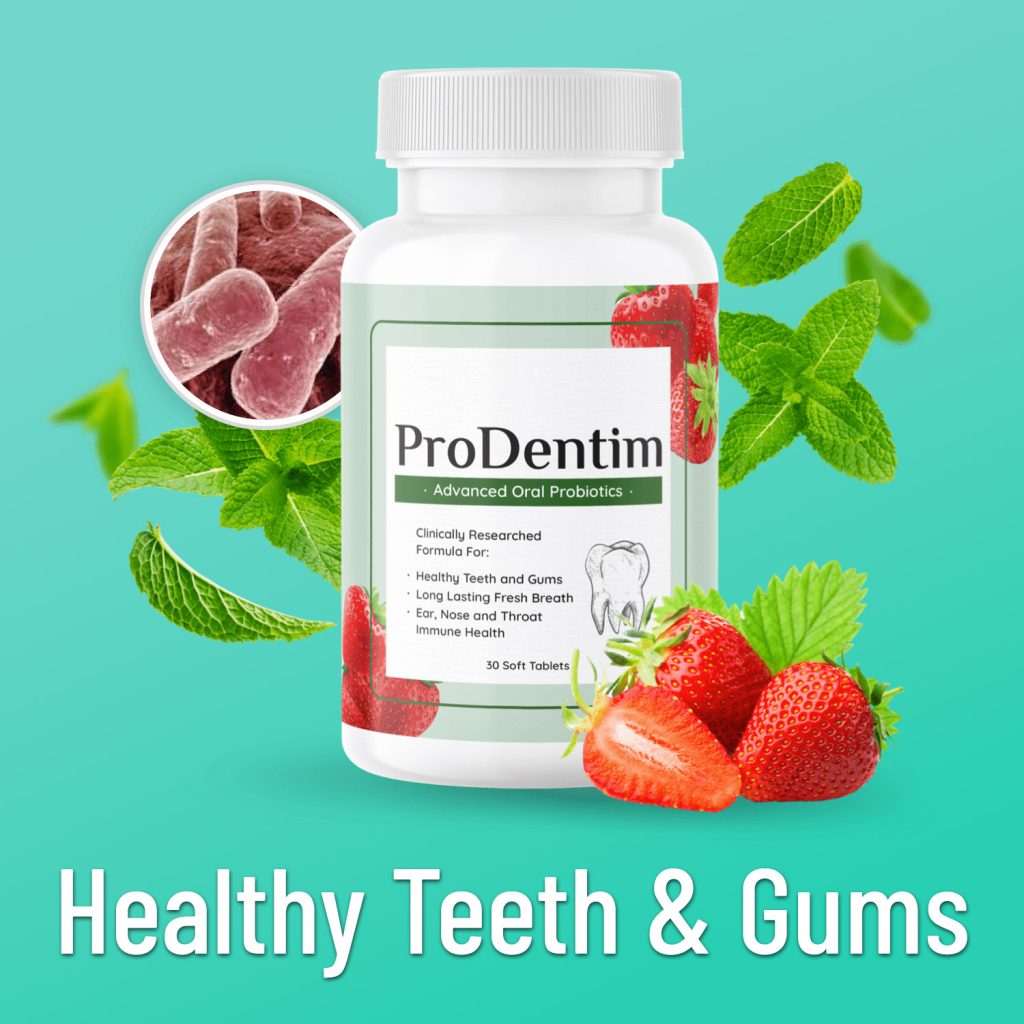Maintaining natural healthy teeth and gums is essential for overall well-being. Here are some tips to achieve and maintain good oral health:
Brushing: Brush your teeth at least twice a day with fluoride toothpaste. Use a soft-bristled toothbrush and brush gently in circular motions to remove plaque and food particles.
Flossing: Flossing helps remove plaque and debris between teeth and along the gumline that your toothbrush may not reach. Aim to floss at least once a day.
Healthy diet: Eat a balanced diet rich in fruits, vegetables, whole grains, and lean proteins. Limit sugary and acidic foods and beverages, as they can contribute to tooth decay and gum disease.
Hydration: Drink plenty of water throughout the day, as it helps rinse away food particles and bacteria that can lead to cavities and gum disease.
Regular dental check-ups: Visit your dentist for regular check-ups and professional cleanings. Your dentist can detect early signs of dental problems and provide guidance on how to improve your oral hygiene routine.
Avoid tobacco: Smoking and chewing tobacco can contribute to gum disease, tooth decay, and oral cancer. If you use tobacco products, consider quitting for the sake of your oral and overall health.
Limit alcohol: Excessive alcohol consumption can dry out your mouth and increase the risk of gum disease and oral cancer. Drink alcohol in moderation and rinse your mouth with water afterward.
Use fluoride: Fluoride helps strengthen tooth enamel and prevent tooth decay. Use fluoride toothpaste and consider fluoride treatments or mouth rinses as recommended by your dentist.
Protect your teeth: Wear a mouthguard when participating in sports or activities that could result in dental injuries. Avoid using your teeth to open packages or bite hard objects like ice or pens.
Manage stress: Stress can contribute to teeth grinding (bruxism) and other oral health problems. Practice stress-reduction techniques such as meditation, deep breathing, or yoga to help protect your teeth and gums.
By following these tips and maintaining good oral hygiene habits, you can promote natural healthy teeth and gums for a lifetime.
While maintaining good oral hygiene habits and a healthy diet are the cornerstone of promoting healthy teeth and gums, some natural supplements may offer additional support. Here are a few that are commonly suggested:
Calcium: Calcium is essential for strong teeth and bones. It helps remineralize enamel and maintain tooth structure. Dairy products, leafy greens, almonds, and fortified foods are good dietary sources of calcium. Calcium supplements may be beneficial for those who don’t get enough through their diet, but it’s important to talk to your healthcare provider before starting any new supplement regimen.
Vitamin D: Vitamin D is crucial for calcium absorption and utilization, which is important for maintaining strong teeth and bones. Your body can produce vitamin D when exposed to sunlight, and it’s also found in fatty fish, egg yolks, and fortified foods. Some people may benefit from vitamin D supplements, especially if they have limited sun exposure or live in regions with little sunlight.
Vitamin C: Vitamin C is essential for gum health and collagen production, which helps support the structure of gums and other oral tissues. Citrus fruits, strawberries, kiwi, and bell peppers are excellent sources of vitamin C. While it’s generally best to get vitamin C from food sources, supplements may be useful for those with dietary restrictions or inadequate intake.
Coenzyme Q10 (CoQ10): CoQ10 is an antioxidant that may help promote gum health and reduce inflammation. It’s naturally present in small amounts in foods like organic meats, fish, and whole grains. Some studies suggest that CoQ10 supplements may benefit those with gum disease, but more research is needed to confirm its effectiveness.
Probiotics: Probiotics are beneficial bacteria that can help maintain a healthy balance of oral microbiota, which is important for oral health. Certain strains of probiotics may help reduce plaque buildup, fight bad breath, and support gum health. Probiotics can be found in fermented foods like yogurt, kefir, and sauerkraut, as well as in supplement form.
Green tea: Green tea contains compounds called catechins, which have antioxidant and anti-inflammatory properties. Some studies suggest that drinking green tea may help reduce the risk of gum disease and tooth decay by inhibiting the growth of bacteria in the mouth. While more research is needed, incorporating green tea into your diet can be a healthy choice for overall oral health.
Before starting any new supplement regimen, it’s important to consult with your healthcare provider or dentist, especially if you have any underlying health conditions or are taking medications that may interact with supplements. They can help determine the appropriate dosage and whether supplements are necessary based on your individual needs.
















